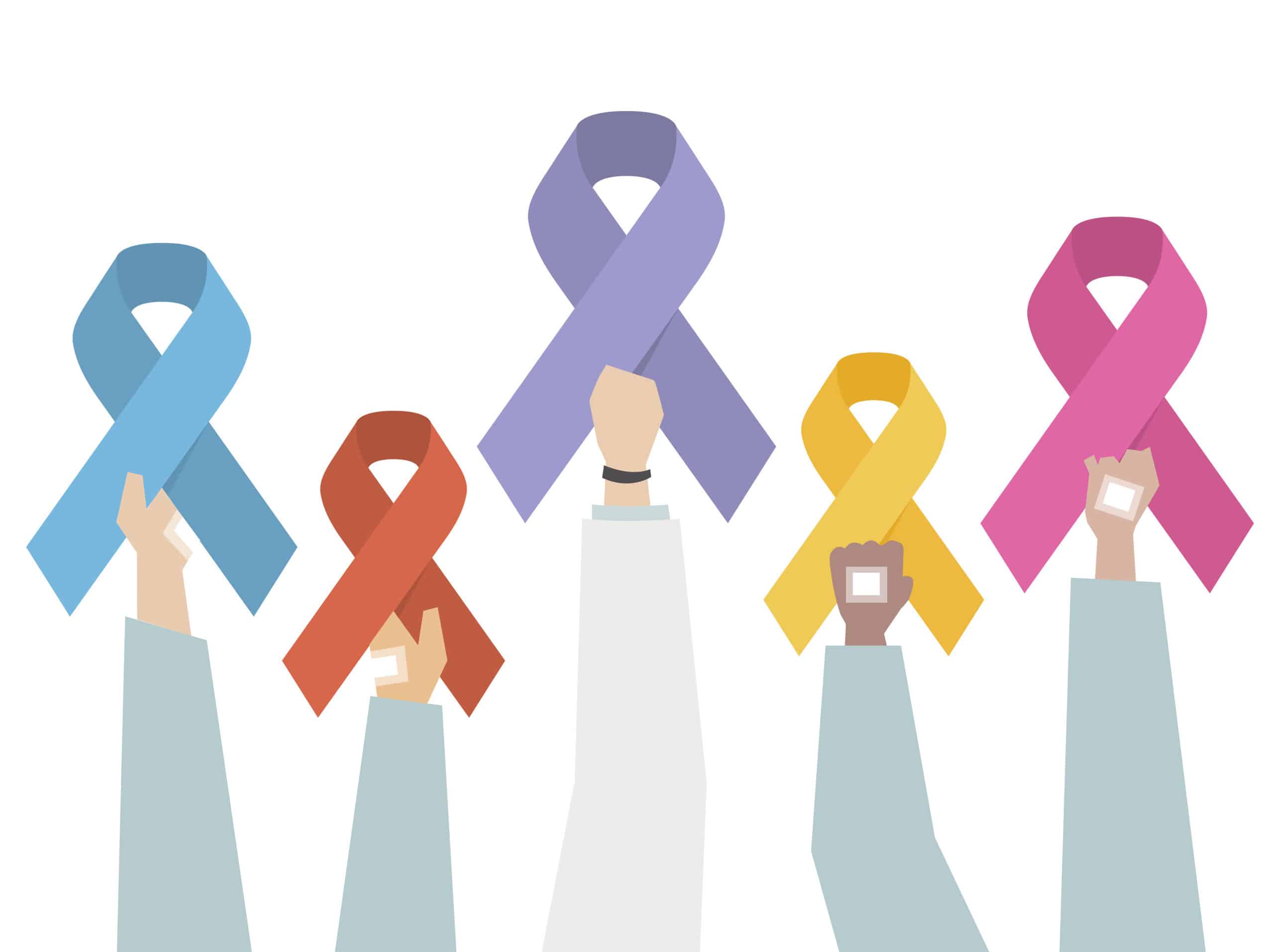Selenium And Cancer Prevention

Many people today are searching for ways to reduce their risk of cancer. Selenium, an essential trace mineral in various foods, has been studied for its potential role in cancer prevention.
Our article delves into the latest research on selenium and provides practical guidance on maintaining adequate levels for your health. Discover the connection between selenium and keeping cancer at bay as you continue reading.
Key Takeaways
- Selenium is a mineral that works like an antioxidant and helps protect cells from turning into cancer.
- Getting selenium through foods like Brazil nuts, fish, and whole grains is good for you. Adults need about 55 micrograms a day.
- Too much or too little selenium can affect different types of cancer in different ways, so it’s tricky to find the right amount to take.
- Eating foods with selenium is better than taking pills because too many supplements might not help and could be harmful.
- Selenium helps fix DNA damage and guards cells, which may stop cancer from starting. It also boosts your immune system.
Understanding Selenium and its Role in Cancer Prevention

Selenium acts as an antioxidant in your body, which means it fights against cell damage. This can be important for keeping cells healthy and stopping them from turning into cancer.
Some studies found this mineral might lower the chance of breast, lung, and skin cancer.
However, not all research agrees on selenium’s power to prevent cancer. For example, scientists have done big studies where they gave people selenium pills to see if it would stop them from getting sick with cancer.
These showed that these supplements did not help reduce the risk of getting cancer in general. So, while selenium is good for you and needed for health, taking extra pills may not always protect against cancer.
It’s best to talk with a doctor before starting any new supplement.
Latest Research and Findings on Selenium

Recent research has shown that selenium plays a crucial role in influencing cancer cells, and its impact on DNA repair and cell growth is being further studied. Understanding these mechanisms can provide valuable insights into the potential for selenium as a preventive measure against various types of cancer.
How selenium affects cancer cells
Selenium plays a big role in the fight against cancer cells. It can slow down how fast these bad cells grow and even kill them. Scientists have seen that selenium messes with the energy-making parts of cancer cells, making it harder for them to stay alive.
This mineral also helps fix DNA inside our bodies, which is important because when DNA gets damaged, it can lead to cancer.
Different studies show that too much or too little selenium has other effects on various cancers. For example, more selenium might help stop breast and lung cancers but could be risky for high-grade prostate cancer.
It’s tricky because what works well for one kind of cancer doesn’t always work for another. People are looking into this to find out the best amounts of selenium to take to keep us healthy and safe from cancer.
The role of selenium in DNA repair and cell growth
Our bodies use selenium to help repair damaged DNA and ensure cells grow correctly. This is key for stopping cancer from starting. When our DNA gets hurt, selenium reacts with zinc to fix it.
This teamwork makes it less likely for bad cell changes that can cause cancer.
Selenium also works as a guard for our cells. It joins forces with certain enzymes and proteins to protect them from damage and infection. Having enough selenium in your body may even help kill off cancer cells and boost your immune system, making you stronger against diseases like cancer.
Sources of Selenium and Recommended Intake
Dietary sources of selenium include nuts, seeds, fish, and whole grains. The recommended daily intake for cancer prevention is around 55 micrograms for adults.
Dietary sources of selenium
Selenium is found in various foods. It is important to include these sources in your diet. Here are some dietary sources of selenium:
- Brazil nuts: Brazil nuts are one of the richest sources of selenium. Just two nuts can provide more than 100% of the recommended daily intake.
- Seafood: Fish and shellfish, especially tuna, cod, halibut, shrimp, and salmon, are good sources of selenium.
- Organ meats: The liver and kidney are high in selenium content and can contribute significantly to your selenium intake.
- Muscle meats: Beef, pork, lamb, and poultry also contain selenium.
- Cereals: Some cereals are fortified with selenium to help increase intake.
- Brewer’s yeast and wheat germ also contain selenium and can be included in the diet to boost its levels.
- Other sources: Other sources include butter, fish, whole grains, sunflower seeds, eggs, cheese, and mushrooms.
Recommended daily intake for cancer prevention
Understanding the recommended daily intake of selenium is crucial for individuals who are proactive about cancer prevention. According to nutritional guidelines, adults should aim for 55 micrograms of this essential mineral daily to help reduce cancer risk. Below is a table presenting a summary of the recommended selenium intake for cancer prevention:
| Population | Recommended Daily Intake of Selenium (mcg/day) |
| Adults (Male and Female) | 55 |
| Pregnant Women | 60 |
| Breastfeeding Women | 70 |
| Children (depending on age) | 20-40 |
This table outlines the general guidelines, but individuals must consider their health profiles. Consulting with healthcare professionals can help tailor these recommendations to one’s needs. Balancing selenium intake through diet rather than supplements is generally advised to avoid potential toxicity from high doses. Remember, achieving overall health and cancer prevention is best approached through a balanced diet rich in diverse nutrients.
FAQs
Q: What is the relationship between selenium and cancer prevention?
A: Selenium is a mineral with antioxidant properties that has been studied for its potential role in reducing the risk of certain types of cancer. Research suggests that selenium may help prevent prostate, colorectal, and skin cancers.
Q: Can selenium supplements help prevent cancer?
A: Some studies have indicated that selenium supplements may have a role in reducing cancer risk, particularly prostate cancer. However, consulting with a healthcare professional before taking any dietary supplements is important.
Q: How does selenium affect the risk of prostate cancer?
A: Selenium has been linked to a potential decrease in the risk of prostate cancer. However, the specific mechanisms behind this relationship are still being studied.
Q: What are the different forms of selenium available for consumption?
A: Selenium can be found in various forms, including selenomethionine, selenocysteine, and selenium-enriched yeast. Each form may have different bioavailability and potential health effects.
Q: Is there a recommended level of selenium for cancer prevention?
A: While research suggests that adequate selenium levels may be associated with a lower cancer risk, specific recommendations for selenium intake for cancer prevention may vary. Maintaining a balanced and varied diet is essential to ensure sufficient nutrient intake.
Q: What is the significance of selenium status in relation to cancer risk?
A: Selenium status, determined by measuring levels of selenium in bodily tissues or fluids, has been the subject of research regarding its potential impact on cancer risk. Some evidence suggests that low selenium status may be associated with an increased risk of certain cancers.
Q: Are there any clinical trials supporting the role of selenium in cancer prevention?
A: Yes, there have been clinical trials, such as the Nutritional Prevention of Cancer and the Selenium and Vitamin E Cancer Prevention Trial, that have investigated the potential of selenium and other nutrients in preventing cancer. However, results may vary, and further research is ongoing.
Q: What are the risks associated with high selenium intake in relation to cancer?
A: While selenium is an essential nutrient, excessive intake of selenium supplements can lead to adverse health effects, including an increased risk of certain cancers. It’s important to follow recommended dietary guidelines and avoid excessive supplementation.
Q: How does selenium impact the mortality rates of cancer patients?
A: Research has explored the potential relationship between selenium levels and cancer mortality rates. Some studies have suggested that maintaining adequate selenium status may be associated with improved outcomes for cancer patients, but more research is needed to establish a definitive link.
Q: What are the findings regarding selenium status and the risk of bladder cancer?
A: Studies have suggested that selenium status may be associated with the risk of bladder cancer, with lower selenium levels potentially contributing to an increased risk. However, further research is necessary to understand this relationship fully.

